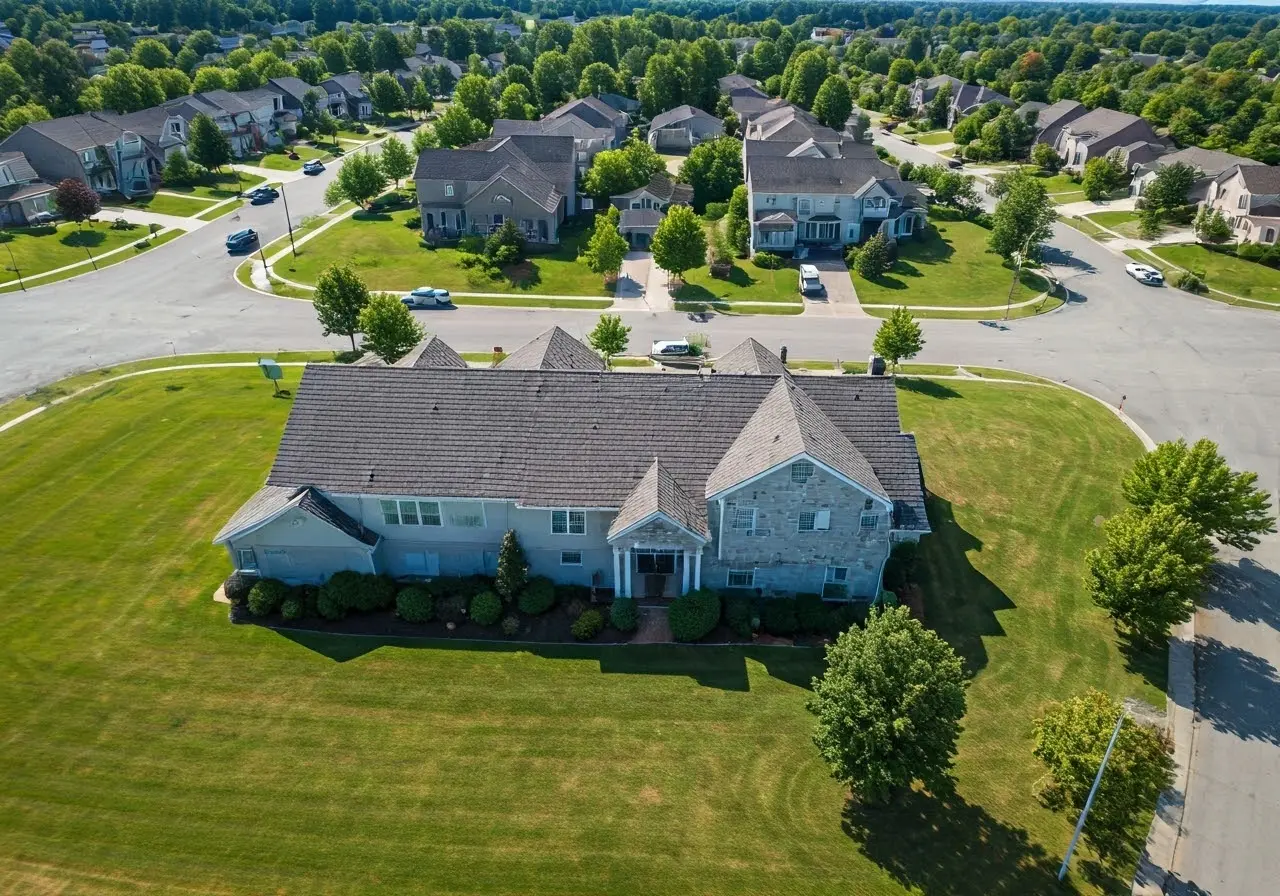Have you ever wondered why your property tax bill seems higher than your neighbor’s? It’s a common question and can be downright frustrating. Property taxes can vary significantly between households, and understanding the reasons behind these differences can help ease some of your frustrations. Let’s dive into some key factors that might contribute to these discrepancies.
Differences in Property Valuation
One of the primary reasons for differing property taxes is how properties are valued. Properties are assessed based on various factors such as location, size, and market conditions. Even slight differences in these factors can lead to substantial variation in tax assessments.
For instance, if you reside in a neighborhood where the property’s proximity to amenities like parks or schools improves the area’s desirability, your property might be assessed at a higher value. Market conditions also play a significant role. During a real estate boom, property valuations may rise significantly, affecting the assessed value and consequently, your property tax. The national property market trends can provide some insight into these variations.
Moreover, appraisal methods and frequency can differ. Some jurisdictions reassess property values more frequently than others. Hence, even small annual valuation changes can accumulate over time, affecting your total property tax bill significantly.
Impact of Tax Exemptions and Credits
Certain exemptions or credits can significantly affect the amount of property tax you’ll owe. These can include senior citizen exemptions, homestead credits, or other special conditions unique to a property. Your neighbor might be benefiting from exemptions you’re not aware of.
It’s crucial to explore all possible exemptions you might qualify for. For example, many areas provide tax reductions for veterans or individuals with disabilities. Checking the local tax authority’s website can reveal valuable information about any credits or rebates that could potentially lower your tax obligations.
Additionally, some states allow residents to contest their property assessments. Doing so can sometimes yield a lower property value assessment, resulting in reduced property tax responsibilities.
Changes in Local Tax Rates
Local governments determine the property tax rate, which can change over time. Different neighborhoods might see changes in rates based on budgetary needs or changes in municipal services, resulting in variations between tax bills.
For example, if a new community project demands additional funding, local councils may decide to increase property tax rates to meet budget requirements. Alternatively, if a district experiences growth in commercial zones, the broader tax base might lessen the burden on residential properties.
Renovations and Property Improvements
Renovations and other improvements can boost your property value and, consequently, your tax bill. If you’ve made substantial changes to your property, this could explain why your taxes have increased compared to a neighbor who hasn’t.
Improvements like adding a pool, expanding the square footage, or renovating essential features such as kitchens or bathrooms, can significantly increase the property’s market value. Unfortunately, this uplift in value doesn’t go unnoticed by tax assessors, thereby raising the overall tax estimation.
Zoning and Land Use Regulations
Zoning laws and regulations can also affect property taxes. Different zoning classifications have various tax implications, and changes can lead to discrepancies in tax liabilities between neighbors.
For instance, properties in commercial zones might carry higher taxes due to the potential for greater economic activity. Conversely, residential zoning might have a different tax rate. Staying informed about potential zoning changes through local government meetings or alerts can offer foresight into how they might impact your property taxes.


